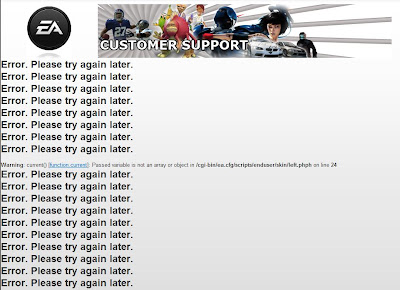.PR
Greetings from the customs territory of the United States, but just barely. I'm annoyed at Google today because when I tried to search for something, it sent me to www.google.com.pr en espanol. I understand that this is a feature not a bug and that it makes life easier for the locals. But how come I can't get to my plain old Google? When I manually enter the Yankee-centric address, I am redirected to the .pr version. Happily, there is "Google.com.pr ofrecido en: English." Note that the same thing happens with Blogger. Google should set a cookie or profile tag with my preferred language and search page. Here's a question to which I should know the answer. Why are they letting me in duty free stores here? As I recall (and I admit I have not looked at this for a while), the reason the proprietor of a duty-free store is exempted from duty liability is that the goods are being sold for export. Last I checked, I was still in the customs territory? What gives? ...




